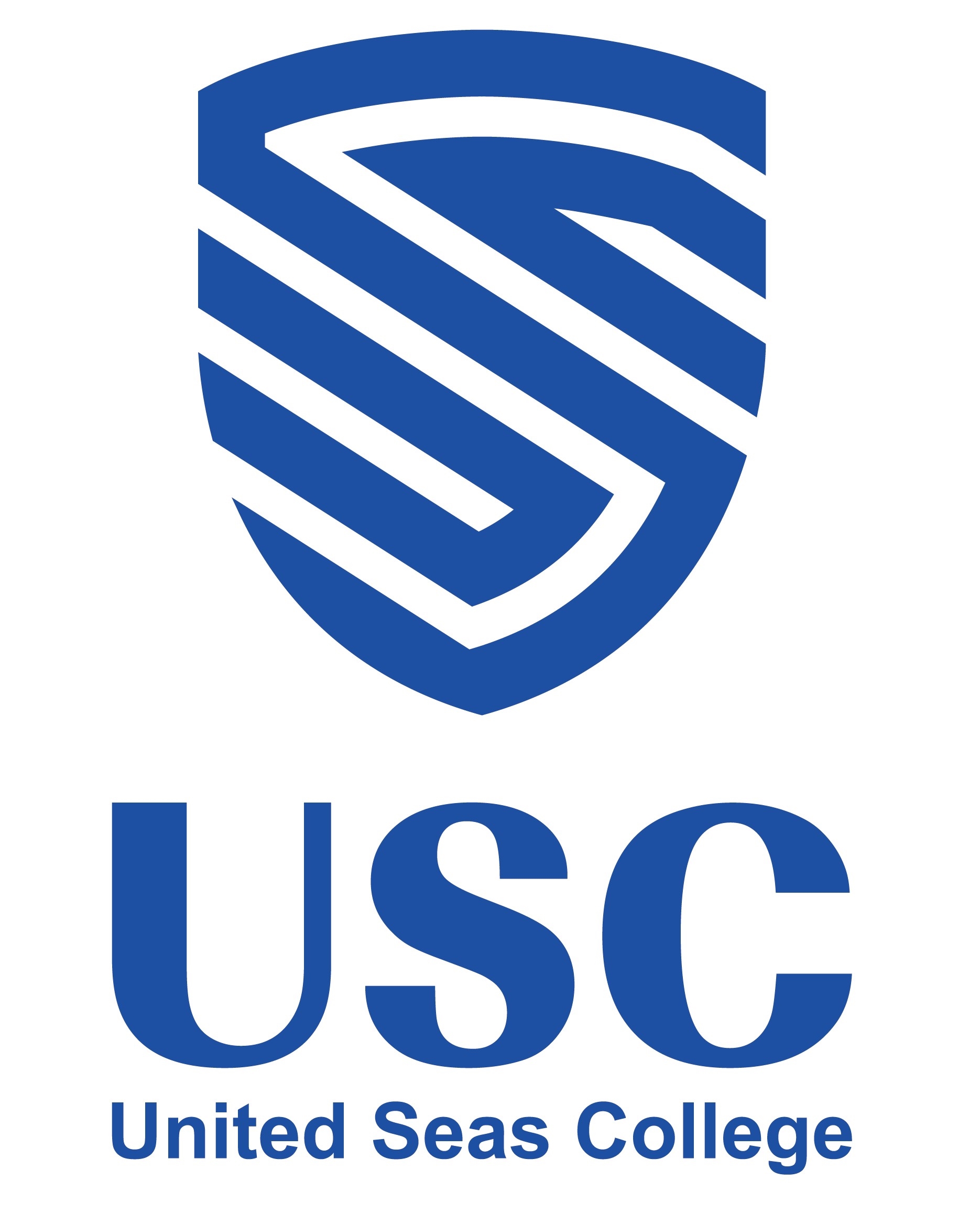Diploma in Information Technology and Data Science (E-Learning)
Aims & Learning Outcomes
The Diploma in Information Technology and Data Science (E-Learning) is an online course intended to teach students in a virtual learning environment using English as the medium of teaching.
This E-Learning course is designed to to provide students with a strong foundation in key areas of IT and data science. It is aimed at equipping students with the knowledge and skills necessary in the ever-evolving fields of information technology and data science. Students will explore a diverse range of subjects, from computer fundamentals to programming, data management, and algorithm design. This comprehensive curriculum ensures that graduates are well-prepared for further studies in this specialization.
Learning Objectives
At the end of this programme, students will be able to:
- iDevelop knowledge and understanding of information technology and big data concepts, terms and theories.
- iAnalyse problems related to the modules studied
- iDetermine the suitability of several approaches to resolving challenges presented within the modules studied.
- iBe equipped with the ability to apply mathematics, statistics, and big data engineering fundamentals to solve related problems in big data applications.
- iDevelop the ability to analyze problems and design solutions for big data applications.
- iDemonstrate personal effectiveness, communication, interpersonal skills, and time management skills as they collaborate with their peers.
Course Structure
The students are required to study EIGHT modules. Each module is equivalent to 15 credits for a total of 120 credits. Each credit is equal to 10 learning hours.
Core Modules
- Fundamentals of Computer and Big Data
- Computer Mathematics
- Language Programming
- Java Programming
- Data Structure and Algorithm Design
- Database and Data Warehouse
- Python Language Programming
- Operating Systems
Delivery and Assessment
-
Students will be taught in a virtual learning environment, where they will study a digital-based curriculum taught by qualified and trained educators. Students will typically attend live-streamed online lectures/lessons. For a more hands-on learning experience, the teacher will allow students to ask questions in real-time through webcam, microphone, or live chat. The teacher and the student will have regular one-on-one engagement similar to a traditional face-to-face lesson.
Self-paced (asynchronous) instruction will supplement the live online classes. Students can watch previously recorded lectures at their own leisure.
The teaching, learning and assessment strategy of each module has been designed in order to ensure that teaching methods are appropriate for the achievement of the learning objectives of the module. Students’ transferable skills are utilised in the learning and assessment strategies of the module .
Typically lectures are supported by smaller group tutorials and seminars, case workshops, project and group based activities, etc. Students are also given independent learning activities. Where appropriate, student learning is supported by materials, tasks and activities provided via a virtual learning environment.
Assessments will be conducted via a robust online examination platform, to ensure that online examinations are systematically scheduled, conducted and evaluated with integrity.
-
Assessment Strategy: A wide variety of assessment methods will be employed, including but not limited to examination, assignments, etc.
Admission Requirement
Normal Entry
Min age: 17 years PLUS
Academic Level:
- A-Level with 2 passes OR
- Completed equivalent to at least 12 years of formal education
Min language requirement:
- Obtained at least GCE O-Level C6 in English language or equivalent OR
- IELTS 5.5 or equivalent Alternative entry
Alternative Entry
Mature candidate of minimum age of thirty (30) with at least eight (8) years of working experience
Graduation Requirement
To earn the academic certificate, students must successfully complete the course by achieving at least a passing grade in all assessments for each required and assigned module.
Duration
-
This is a FULL TIME course and will run for eight (8) months. Delivery will be for 3 hours per day for 5 days every week for a total of 336 hours.
Minimum class size is 30 students.
Maximum candidature period for a student to complete the course is 12 months.
Intake Dates
-
Monthly
Target Students
-
The programme is designed primarily for the convenience of students who wish to pursue a Diploma in Information Technology and Data Science (E-Learning) and progress on to USC’s Advanced Diploma in Information Technology and Data Science. Thereafter, students may wish to continue their study at UK, Australian and American universities for another a year or two to obtain a related undergraduate degree.
The target students are both residents of Singapore and learners residing in Southeast Asia and other countries as long as they meet the entry requirements of this online course.
Fee Structure
-
Course Fee: SGD 6,000.00
Click here for the miscellaneous and other relevant fees.
